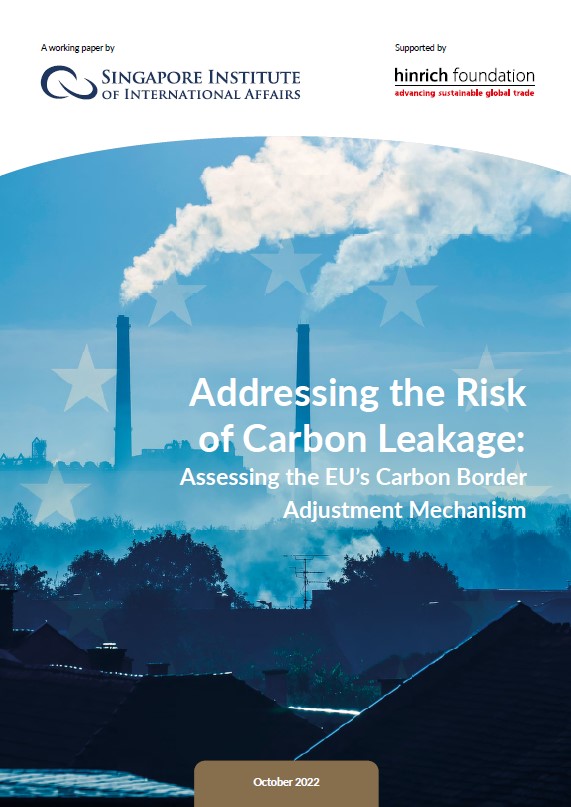Download the Working Paper here
As countries adopt climate action policies and emissions reduction targets, there is growing concern about “carbon leakage”, where efforts to reduce greenhouse gas emissions in one country can inadvertently result in an increase in high-carbon production or consumption elsewhere. While there is no firm evidence that carbon leakage is currently occurring, policymakers are already considering ways to prevent carbon leakage or limit its impact.
The first mover on this issue is the European Union (EU), which is set to introduce a Carbon Border Adjustment Mechanism (CBAM) from next year, affecting imports of high-carbon goods into the EU. Some of the EU’s trading partners have already expressed concern about the administrative burden needed to comply with the CBAM and have questioned whether the policy is compatible with World Trade Organization (WTO) rules.
This working paper analyses the EU’s forthcoming CBAM policy. The paper first explains the problem of carbon leakage, before looking at the impact of the EU’s CBAM with a focus on its implications for international trade as well as ASEAN and Asian economies. The paper also discusses other approaches to addressing carbon leakage that have been proposed by experts.
The SIIA would like to thank the Hinrich Foundation for their generous support in making this study possible.




